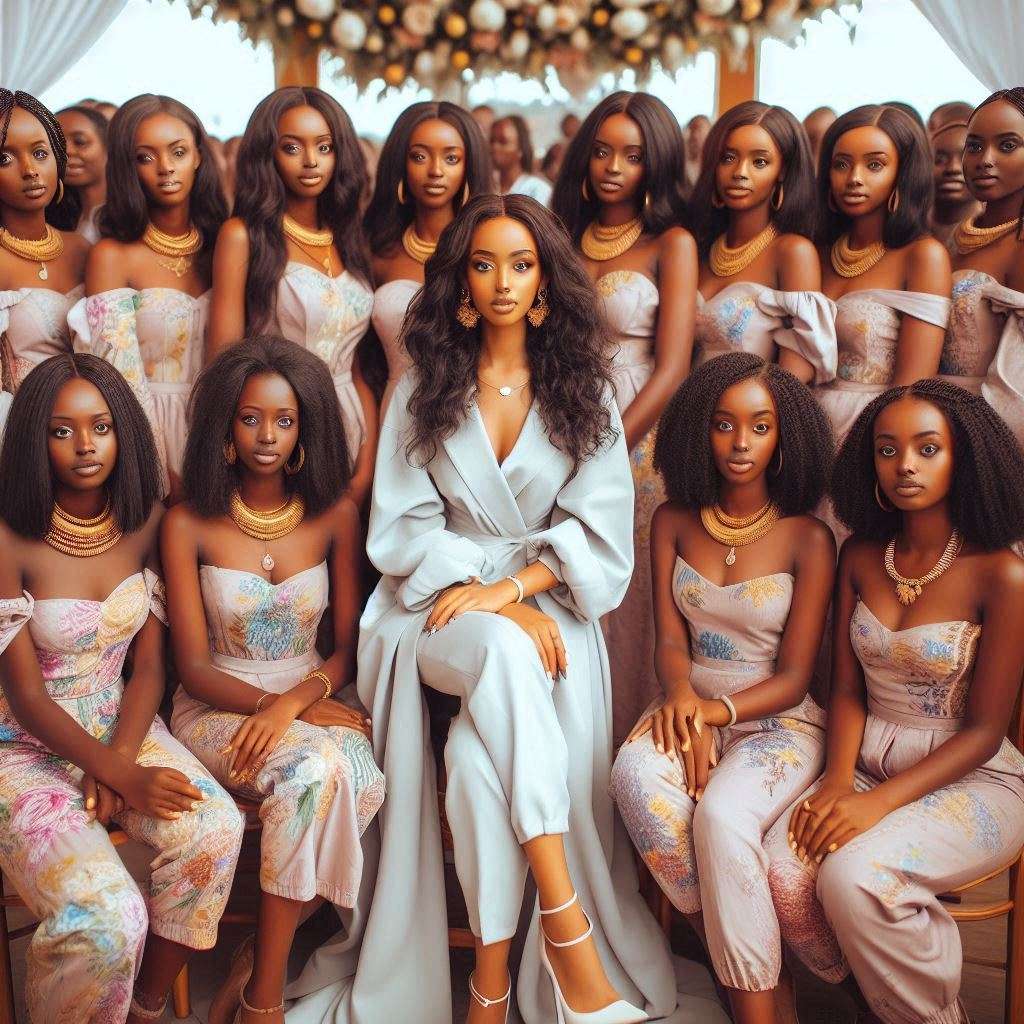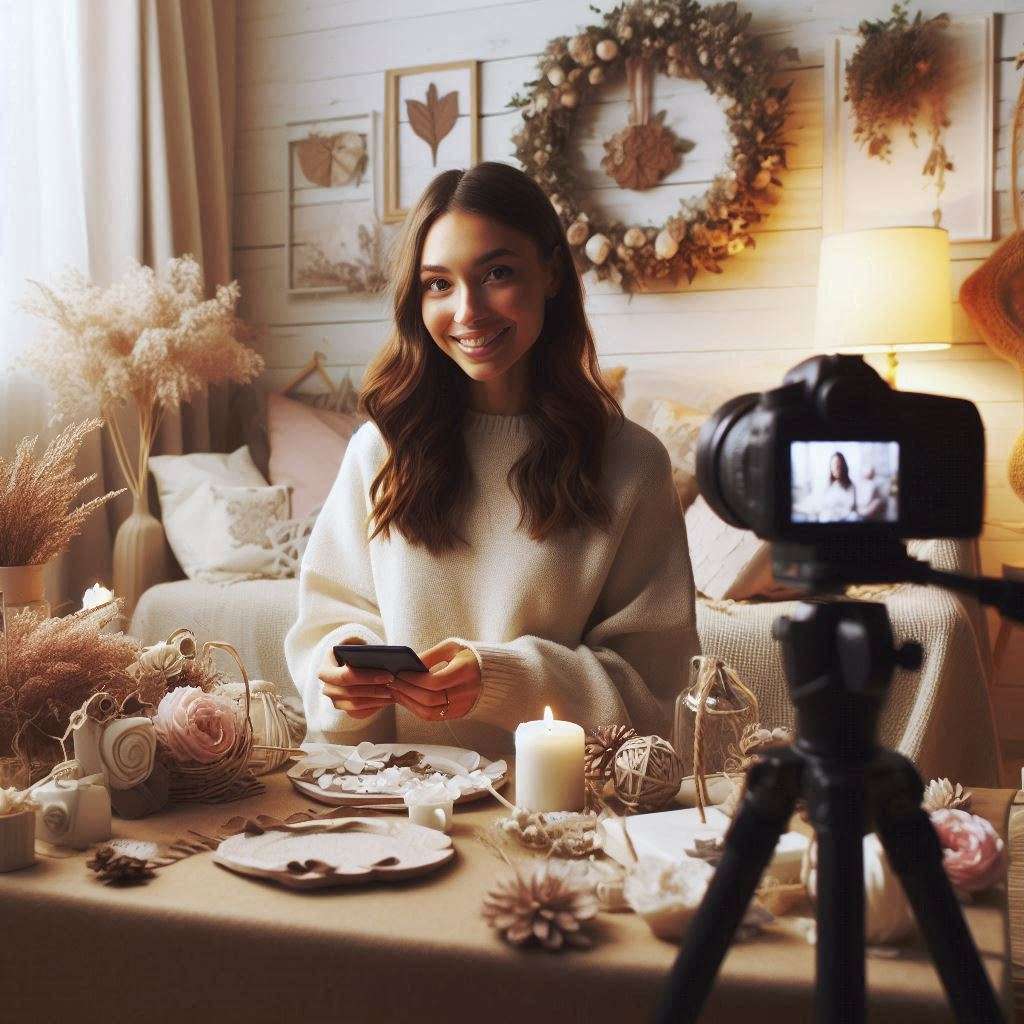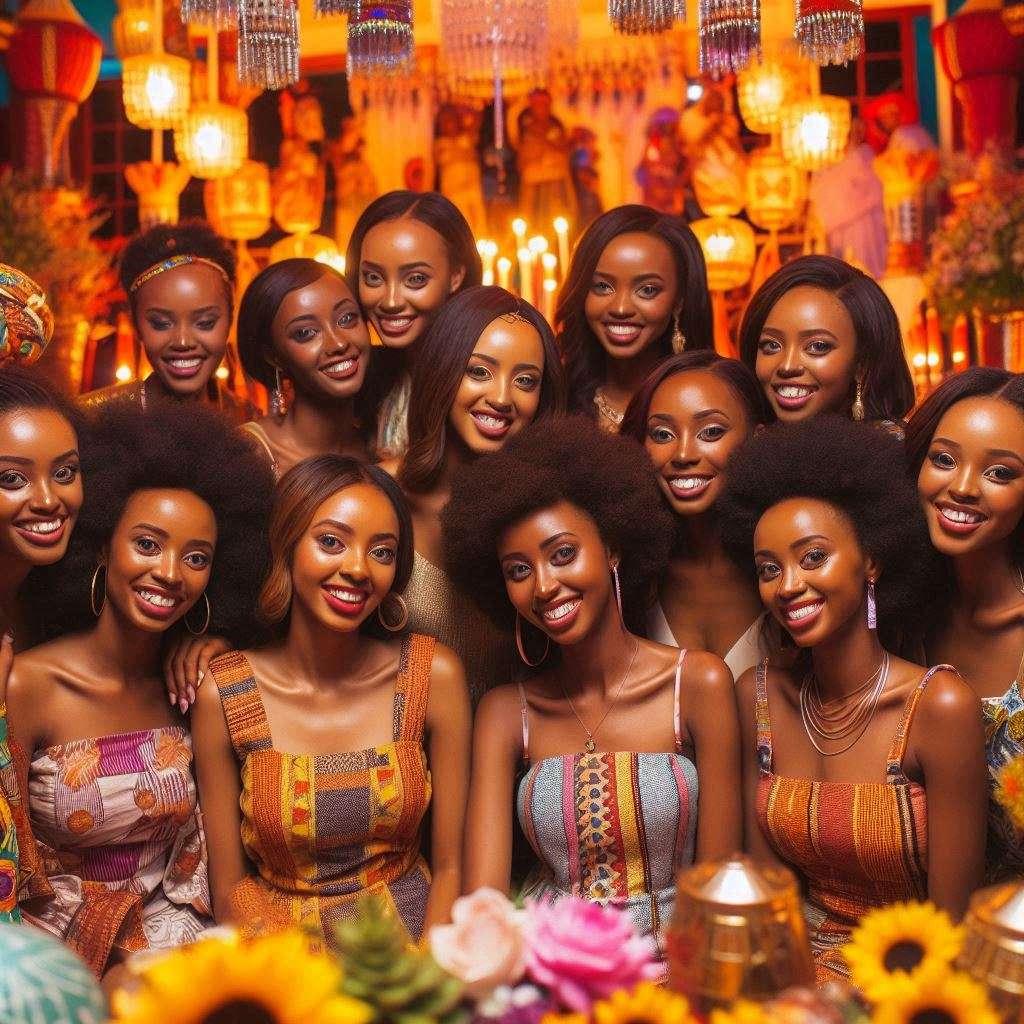
The Role of Women in Shaping Today’s Wedding Culture
Weddings have always served as cultural mirrors, reflecting societal values, traditions, and transformations. While the institution of marriage has evolved over centuries, one constant remains: the pivotal role of women. Today, women are not just brides; they are the planners, influencers, designers, entrepreneurs, and visionaries who are actively shaping modern wedding culture across the globe.
From Passive Participants to Cultural Architects
Historically, women were often positioned as passive participants in wedding ceremonies, with limited input into how the day unfolded. Arranged marriages, dowries, and traditional gender roles meant that many weddings were about alliances rather than individual agency. However, in the 21st century, women have reclaimed agency in the wedding narrative. From selecting their partners to deciding every intricate detail of the ceremony, women are now the architects of their wedding stories.
The Rise of the Female Wedding Planner and Entrepreneur
The booming global wedding industry—estimated to be worth over $300 billion—owes much of its growth to women entrepreneurs. Female-led wedding planning businesses, bridal fashion labels, floristry, and photography studios dominate the industry landscape. Many of these women turned passion into enterprise, bringing personalized, emotion-driven approaches to wedding services.
For instance, companies like Mindy Weiss Party Consultants and David’s Bridal have become household names, thanks to female leadership and innovation. Moreover, social media has enabled countless women to launch micro-brands offering niche services such as ethical bridalwear, afrocentric wedding décor, or eco-conscious florals.
Women as Cultural Influencers on Social Media

Platforms like Pinterest, Instagram, and TikTok have dramatically transformed how weddings are conceptualized and planned. And at the heart of this visual storytelling revolution are women influencers and content creators.
Brides and wedding professionals alike now use these platforms to share inspiration, tips, behind-the-scenes moments, and even vendor reviews. Hashtags such as #weddinginspo and #bridegoals are led overwhelmingly by women, reshaping not only visual aesthetics but also cultural expectations of what weddings should look and feel like.
Reinventing Bridal Fashion
The bridal fashion industry has witnessed dramatic transformation, largely driven by female designers and consumers. Brides are now choosing gowns that reflect their personal style rather than conforming to a “princess” stereotype. Minimalist dresses, pantsuits, colorful gowns, and even non-traditional fabrics are becoming more common.
Designers like Vera Wang, Reem Acra, and Stella McCartney have revolutionized what it means to be a bride, offering options that empower rather than restrict. Meanwhile, brides themselves are becoming trendsetters, often customizing outfits or choosing attire that celebrates their heritage and body positivity.
Women and Wedding Traditions: Balancing Old and New
Across cultures, women play a key role in preserving and adapting wedding traditions. Whether it’s leading family ceremonies, preparing cultural dishes, or organizing pre-wedding events like bridal showers and bachelorette parties, women serve as both the memory keepers and the innovators.
For example, in South Asian weddings, women often spearhead mehndi (henna) ceremonies and song nights. In African cultures, aunties play a pivotal role in preparing the bride through rituals and symbolic gestures. These traditions are not static; they evolve under the stewardship of women who find ways to make them meaningful for contemporary life.
The Financial Voice of Women in Weddings

Modern weddings are expensive endeavors, often involving extensive budgeting and negotiation. Women today are more likely than ever to contribute financially or share financial decision-making with their partners. Some even fund their weddings entirely on their own.
This financial agency impacts everything from vendor selection to venue preferences and sustainability choices. Female-led decision-making often emphasizes emotional resonance, family connection, and long-term value over flashy one-day displays.
Challenges and Opportunities
Despite these achievements, women still face challenges in the wedding industry. Unrealistic beauty standards, pressure to have the “perfect” day, and the emotional labor of planning can take a toll. There’s also the issue of representation; while many women are leading the charge, voices from underrepresented communities often struggle for visibility.
Nevertheless, the shift is clear: today’s weddings are no longer just rites of passage; they are platforms for storytelling and empowerment—and women are at the center of that transformation.
From tradition bearers to trailblazers, women have fundamentally reshaped the way weddings are imagined, planned, and celebrated. They bring emotion, creativity, and authenticity to what was once a rigid script. In doing so, they are not only redefining what weddings look like but also what they mean. As society continues to evolve, so too will the role of women—ensuring that weddings remain deeply personal, culturally rich, and emotionally resonant experiences.
References:
- https://www.businessinsider.com/global-wedding-industry-market-worth
- https://www.theknot.com/content/women-in-wedding-industry
- https://www.brides.com/story/modern-wedding-traditions-women-changed
- https://www.forbes.com/sites/jrose/2023/06/15/female-entrepreneurs-wedding-industry
- https://verawang.com/about